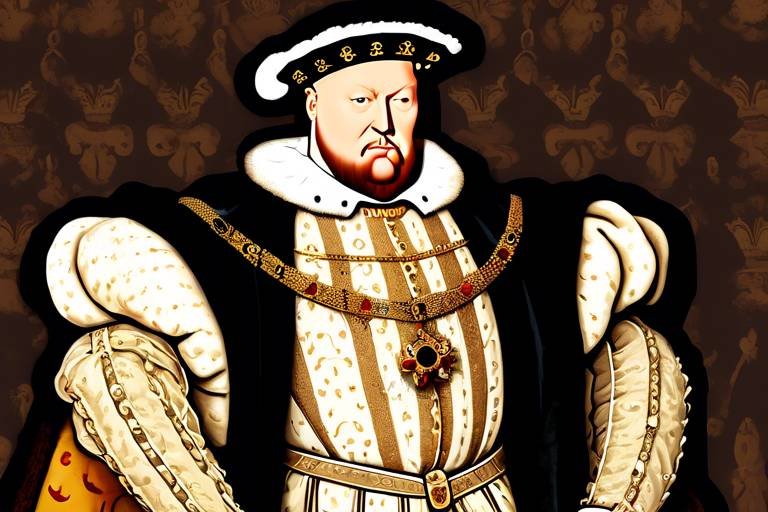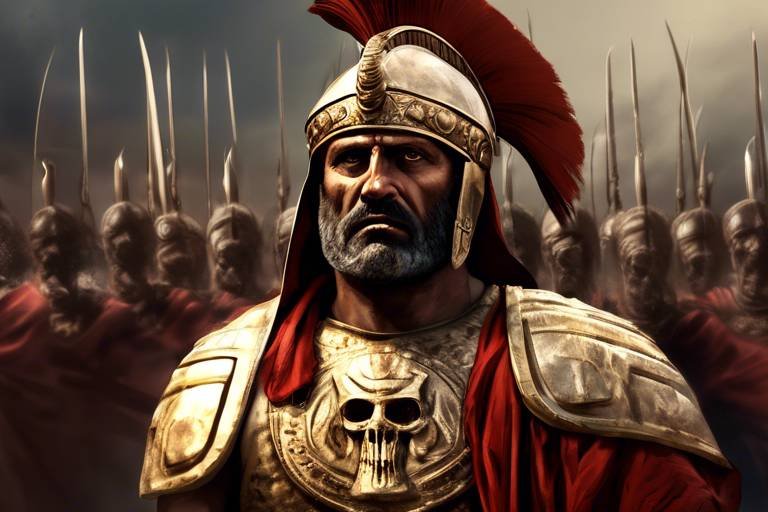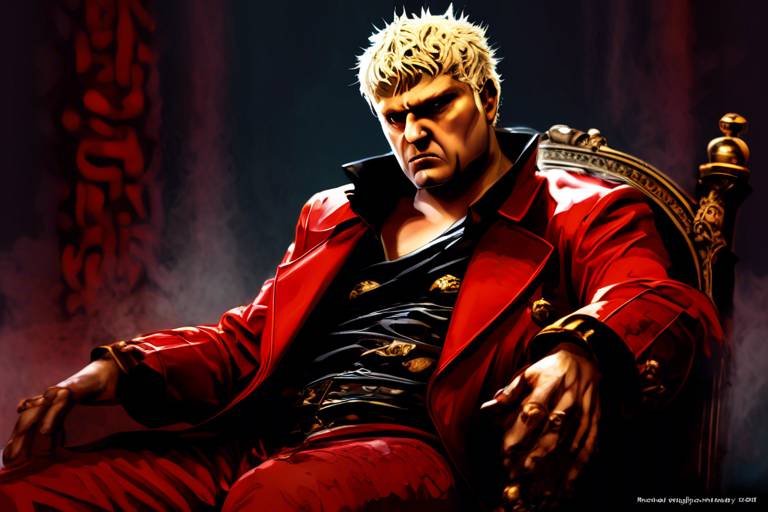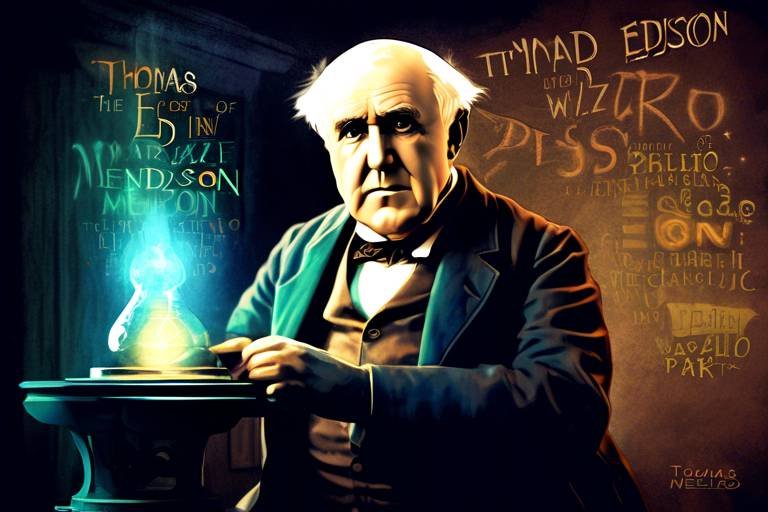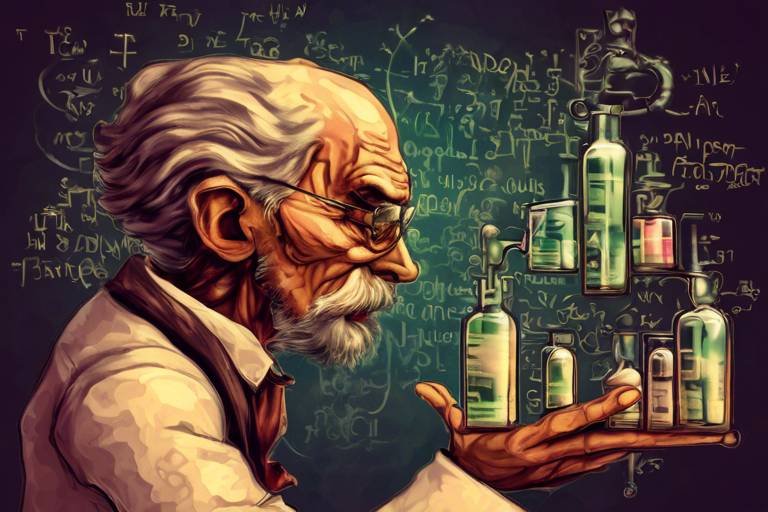Charlemagne: The Father of Europe
Charlemagne, also known as Charles the Great, is a towering figure in European history, revered as the Father of Europe for his monumental contributions to the continent. Born in 742 AD, Charlemagne rose to power as the King of the Franks and later became the Emperor of the Carolingian Empire, uniting vast territories under his rule.
His military campaigns were legendary, as he led conquests that expanded his empire across Western Europe through strategic warfare and diplomatic alliances. Charlemagne's prowess on the battlefield earned him a reputation as a formidable ruler, feared by his enemies and respected by his subjects.
However, Charlemagne's influence extended far beyond his military might. He was a visionary leader who implemented innovative administrative and governance reforms, shaping the legal and economic systems of his empire. Under his rule, intellectual and cultural pursuits flourished, marking a period of revival known as the Carolingian Renaissance.
Charlemagne's close ties with the Church and his promotion of Christianity played a significant role in shaping the religious and cultural landscape of Europe. His support for education and the arts laid the foundation for a cultural renaissance that left a lasting impact on European civilization.
Despite the eventual fragmentation of the Carolingian Empire after his death in 814, Charlemagne's legacy endured, influencing the development of feudalism, the Holy Roman Empire, and the concept of a unified Europe. His reign continues to be a subject of historical debate and fascination, with modern perspectives shedding new light on his complex legacy.
Today, Charlemagne's legacy remains a cornerstone of European identity, symbolizing unity and shared heritage across diverse nations. His vision of a united Europe continues to resonate in political discussions and cultural exchanges, underscoring his enduring impact on the continent's collective identity.
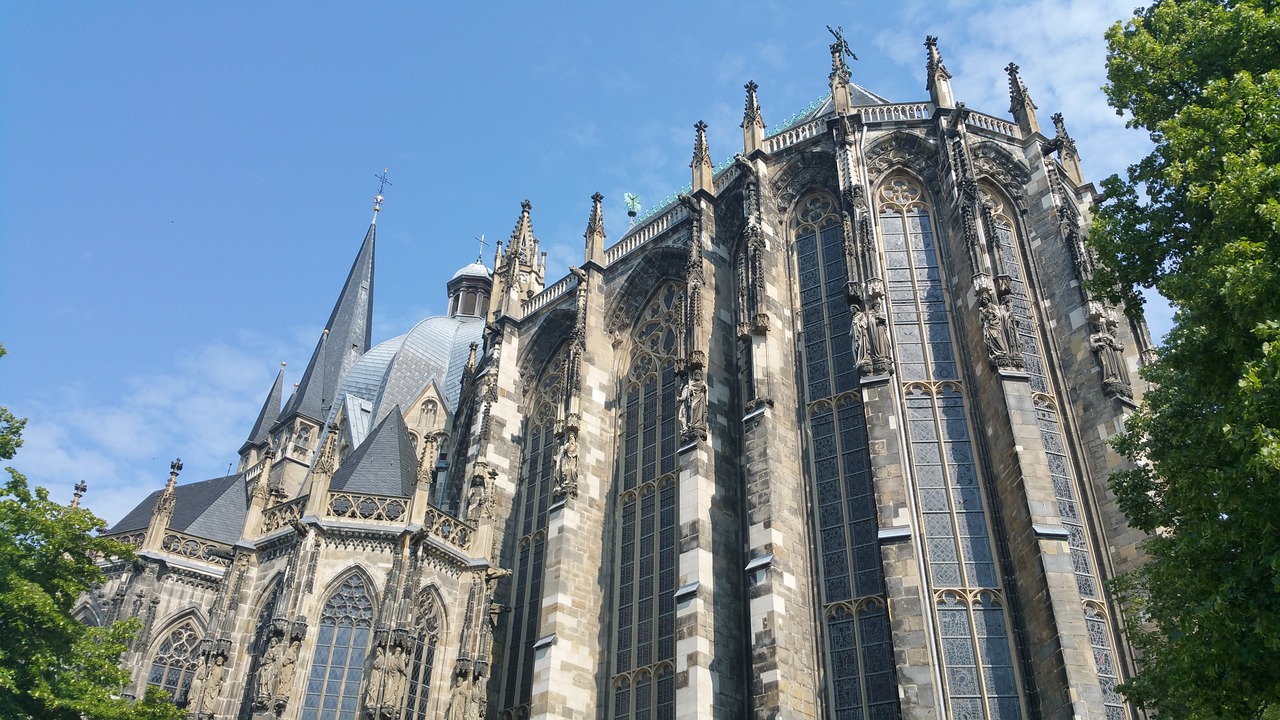
Early Life and Rise to Power
Explore the life and legacy of Charlemagne, the medieval ruler who united much of Western Europe and laid the foundation for the Carolingian Empire. Learn about his military conquests, cultural influence, and impact on the European continent.
Charlemagne, born in 742, was the eldest son of Pepin the Short, the King of the Franks. His upbringing was marked by exposure to the political and military affairs of the Frankish kingdom, shaping his leadership qualities from a young age. Charlemagne's rise to power began in 768 when he, alongside his brother Carloman, inherited the Frankish throne after their father's death. However, conflicts arose between the brothers, leading to Carloman's early demise and Charlemagne's consolidation of power as the sole ruler of the Franks. This pivotal moment set the stage for Charlemagne to embark on a path of conquest and empire-building that would define his legacy.
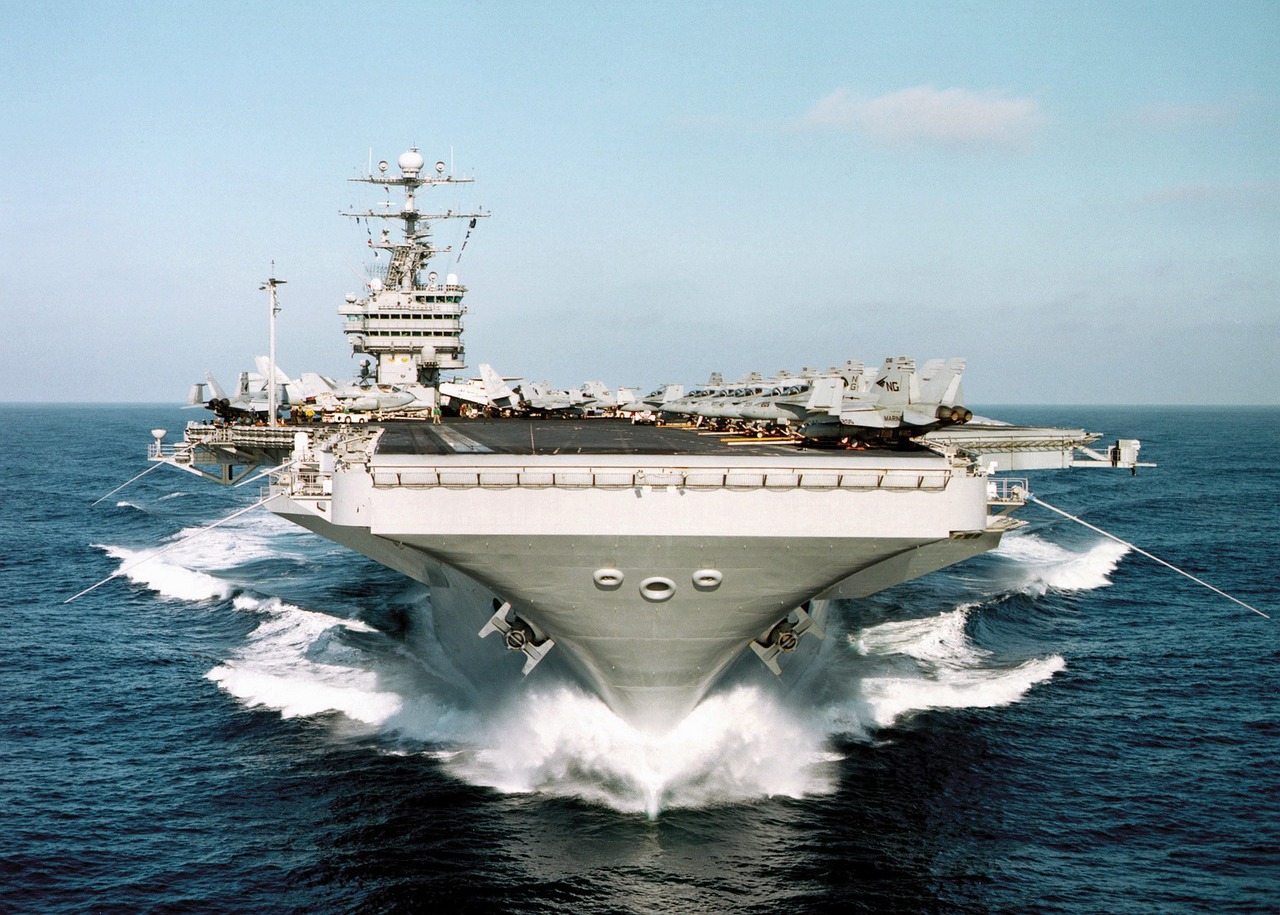
Military Campaigns and Expansion
Charlemagne's military campaigns and expansion were instrumental in solidifying his power and expanding the borders of his empire. Known for his strategic prowess and relentless ambition, Charlemagne embarked on numerous military conquests that reshaped the political landscape of Western Europe.
One of the most notable military campaigns led by Charlemagne was the Saxon Wars, a series of conflicts aimed at subjugating the pagan Saxons and incorporating their territories into the Frankish realm. Despite facing fierce resistance, Charlemagne's forces prevailed, showcasing his military leadership and determination.
In addition to the Saxon Wars, Charlemagne also waged successful campaigns against the Lombards in Italy, the Avars in the Eastern territories, and the Moors in Spain. These military victories not only expanded Charlemagne's empire but also enhanced his reputation as a formidable ruler capable of conquering diverse lands.
Charlemagne's military expansion was not solely focused on conquest; he also sought to establish strategic alliances and secure the loyalty of neighboring rulers. Through a combination of military force and diplomacy, Charlemagne was able to forge strong relationships with key allies, further strengthening his position in the region.
Furthermore, Charlemagne's military campaigns were not just about territorial expansion; they also served as a means to spread Christianity and consolidate the influence of the Church. By promoting the Christian faith through military conquests, Charlemagne aimed to unify his empire under a common religious identity.
Overall, Charlemagne's military campaigns and expansion were pivotal in shaping the geopolitical landscape of medieval Europe. His conquests, alliances, and promotion of Christianity laid the foundation for the Carolingian Empire and established Charlemagne as a legendary figure in European history.
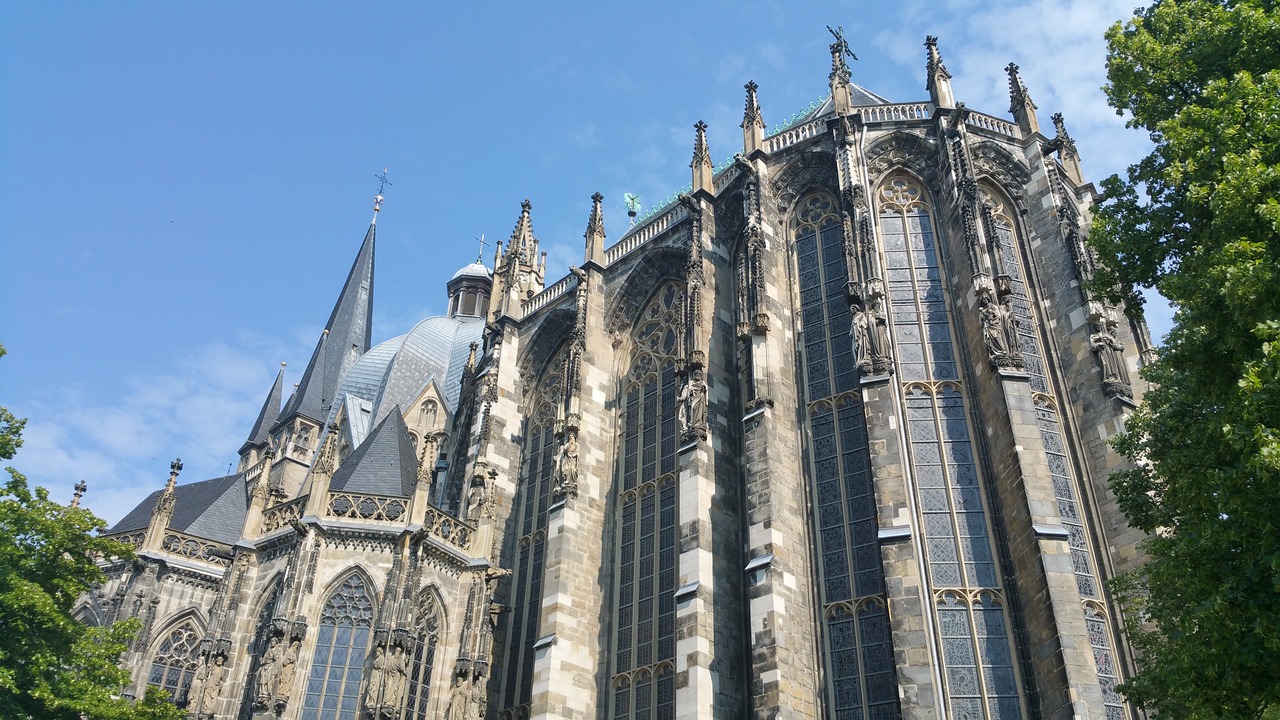
Administration and Governance
Charlemagne's reign was not only marked by military conquests and territorial expansion but also by significant reforms in administration and governance. As a ruler, he understood the importance of efficient governance in maintaining and expanding his empire. Charlemagne implemented various administrative reforms to centralize power and streamline decision-making processes.
One of the key aspects of Charlemagne's governance was the division of his empire into administrative regions called "counties," each overseen by a loyal noble known as a "count." This system allowed for better control and management of the vast territories under his rule. Charlemagne also appointed missi dominici, or royal envoys, to ensure the enforcement of his policies and to act as his eyes and ears in different parts of the empire.
Furthermore, Charlemagne introduced standardized weights and measures, as well as a unified currency system, to facilitate trade and commerce within his empire. These economic reforms helped stimulate economic growth and stability, contributing to the overall prosperity of his realm.
In terms of governance, Charlemagne also focused on education and intellectual development. He established schools and monasteries throughout his empire, promoting learning and scholarship. Charlemagne's support for education laid the foundation for the Carolingian Renaissance, a period of cultural revival that saw advancements in art, literature, and theology.
Moreover, Charlemagne's legal reforms, known as the Capitularies, aimed to standardize laws and ensure justice for all subjects. These legislative measures helped maintain order and uphold the rule of law across the diverse regions of his empire.
Overall, Charlemagne's approach to administration and governance was characterized by centralization, efficiency, and a focus on fostering intellectual and economic growth. His reforms laid the groundwork for the stability and prosperity of the Carolingian Empire, setting a precedent for future rulers in medieval Europe.

Religious Influence and Cultural Renaissance
During his reign, Charlemagne's religious influence played a significant role in shaping the cultural landscape of Europe. He maintained a close relationship with the Church, aligning himself with the Pope and promoting Christianity throughout his empire. Charlemagne's support of the Church not only solidified his own rule but also contributed to the spread of Christianity across Western Europe.
Under Charlemagne's patronage, the Carolingian Renaissance emerged as a period of cultural revival in Europe. This renaissance saw a flourishing of art, architecture, literature, and education, inspired by the classical traditions of the Roman Empire. Charlemagne's court became a center of learning and creativity, attracting scholars and artists from across the continent.
The cultural renaissance under Charlemagne's rule laid the foundation for the development of medieval European culture and identity. The preservation of classical texts, the promotion of education, and the patronage of artistic endeavors all contributed to a renewed interest in learning and intellectual pursuits. Charlemagne's support of cultural activities not only enriched his own court but also had a lasting impact on the broader European society.
Furthermore, Charlemagne's emphasis on education and literacy led to the establishment of schools and monastic centers throughout his empire. These institutions became hubs of learning, where manuscripts were copied, knowledge was preserved, and new ideas were exchanged. The cultural renaissance fostered by Charlemagne helped to lay the groundwork for the intellectual achievements of the medieval period.
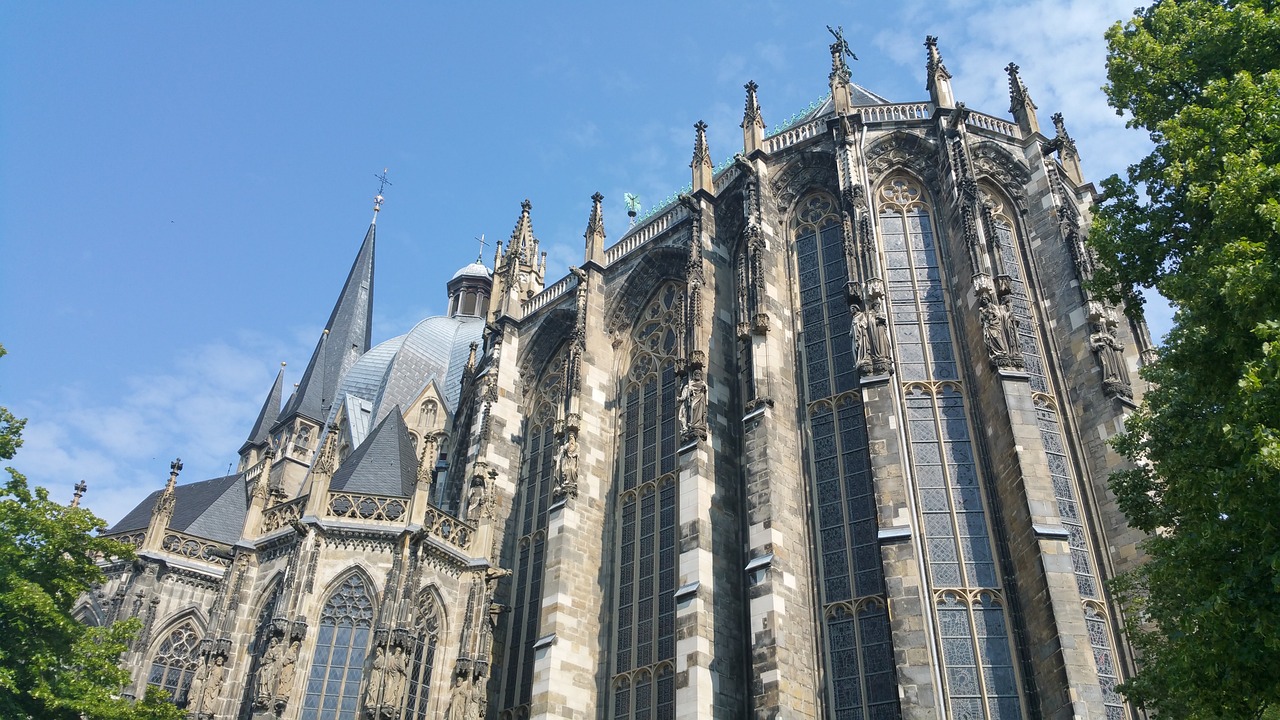
Legacy and Impact on European History
Charlemagne's legacy and impact on European history are profound, shaping the political, social, and cultural landscape of the continent for centuries to come. His reign as the ruler of the Carolingian Empire left a lasting imprint on European history, influencing various aspects of medieval society.
One of the significant impacts of Charlemagne was the development of feudalism, a system of governance that defined the relationships between lords, vassals, and serfs. His administration and governance policies laid the groundwork for this hierarchical structure, which became prevalent throughout Europe during the Middle Ages.
Furthermore, Charlemagne's efforts to unite Western Europe under the Carolingian Empire contributed to the formation of the Holy Roman Empire, a political entity that endured for over a millennium. The concept of a unified Europe, championed by Charlemagne, influenced future attempts at creating a cohesive European identity.
Charlemagne's promotion of Christianity and close ties with the Church also had a lasting impact on European history. His support for the spread of Christianity throughout his empire helped solidify the religion's position as a dominant cultural and political force in Europe.
The Carolingian Renaissance, a period of intellectual and cultural revival under Charlemagne's rule, saw a flourishing of art, literature, and education. This cultural renaissance not only enriched the intellectual landscape of Europe but also laid the foundation for future advancements in various fields.
Overall, Charlemagne's legacy as the Father of Europe reverberates through the annals of European history, leaving a legacy of political unity, cultural revival, and religious influence that continues to shape the continent to this day.
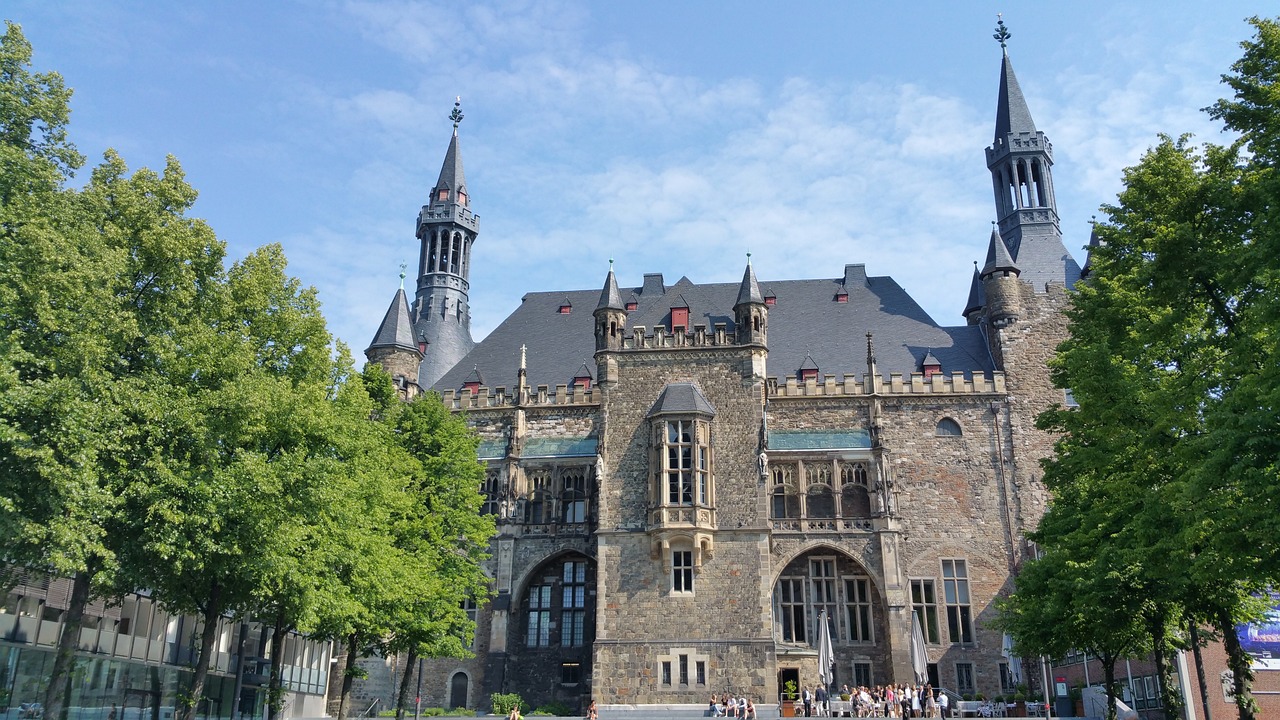
Succession and Fragmentation of the Carolingian Empire
After the death of Charlemagne in 814, the Carolingian Empire faced significant challenges in maintaining its unity and stability. Charlemagne's successors, notably his son Louis the Pious, struggled to assert control over the vast empire, leading to internal conflicts and power struggles among the ruling elite. The Treaty of Verdun in 843 marked a pivotal moment in the history of the Carolingian Empire, as it divided the empire into three separate kingdoms ruled by Charlemagne's grandsons.
This division, known as the Partition of Verdun, laid the groundwork for the eventual fragmentation of the Carolingian Empire. The three kingdoms, West Francia, Middle Francia, and East Francia, each faced unique challenges and external threats that further weakened the centralized authority established by Charlemagne.
Over time, the Carolingian Empire continued to splinter as regional lords and nobles asserted their independence and established their own domains. The rise of powerful feudal lords, the Viking invasions, and internal power struggles further accelerated the disintegration of the empire.
By the 10th century, the Carolingian Empire had effectively dissolved, giving way to a patchwork of independent kingdoms and territories across Western Europe. The legacy of Charlemagne endured, but the dream of a unified empire under one ruler had faded, paving the way for the emergence of new political entities and dynasties in the medieval period.

Historiography and Modern Perspectives
Historiography refers to the study of how history is written and interpreted. When it comes to Charlemagne, historians have long grappled with various perspectives on his reign and legacy. Some view him as a visionary ruler who laid the groundwork for a united Europe, while others criticize his methods and the impact of his conquests. Over time, the historiography of Charlemagne has evolved, reflecting changing attitudes towards empire-building, governance, and cultural influence.
Modern perspectives on Charlemagne often highlight the complexities of his rule. While he is celebrated for his military prowess and efforts to promote Christianity, there is also a recognition of the challenges he faced in maintaining control over a vast empire. Historians today analyze Charlemagne's legacy through a critical lens, considering not only his achievements but also the consequences of his actions on the regions he conquered.
Controversies surrounding Charlemagne's reign continue to spark debate among scholars. Questions about the extent of his influence, the treatment of conquered peoples, and the long-term effects of his policies remain topics of interest in historical research. By examining Charlemagne from multiple perspectives, historians aim to present a nuanced understanding of his role in shaping medieval Europe and the subsequent course of European history.
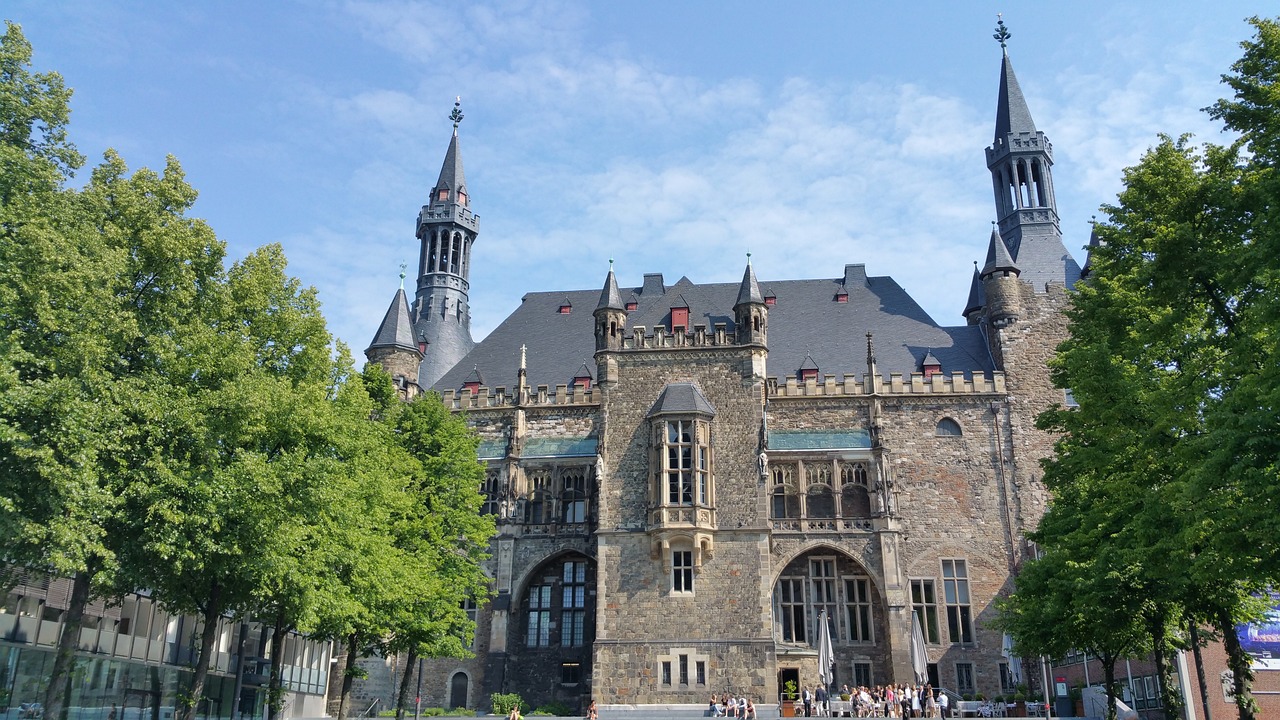
Father of Europe.
Charlemagne, often hailed as the Father of Europe, was a pivotal figure in shaping the course of European history. His impact on the continent was so profound that he earned this esteemed title for his role in uniting much of Western Europe and laying the groundwork for the Carolingian Empire. Charlemagne's legacy as the Father of Europe transcends mere political power; it encompasses cultural influence, religious significance, and a lasting imprint on the European identity.
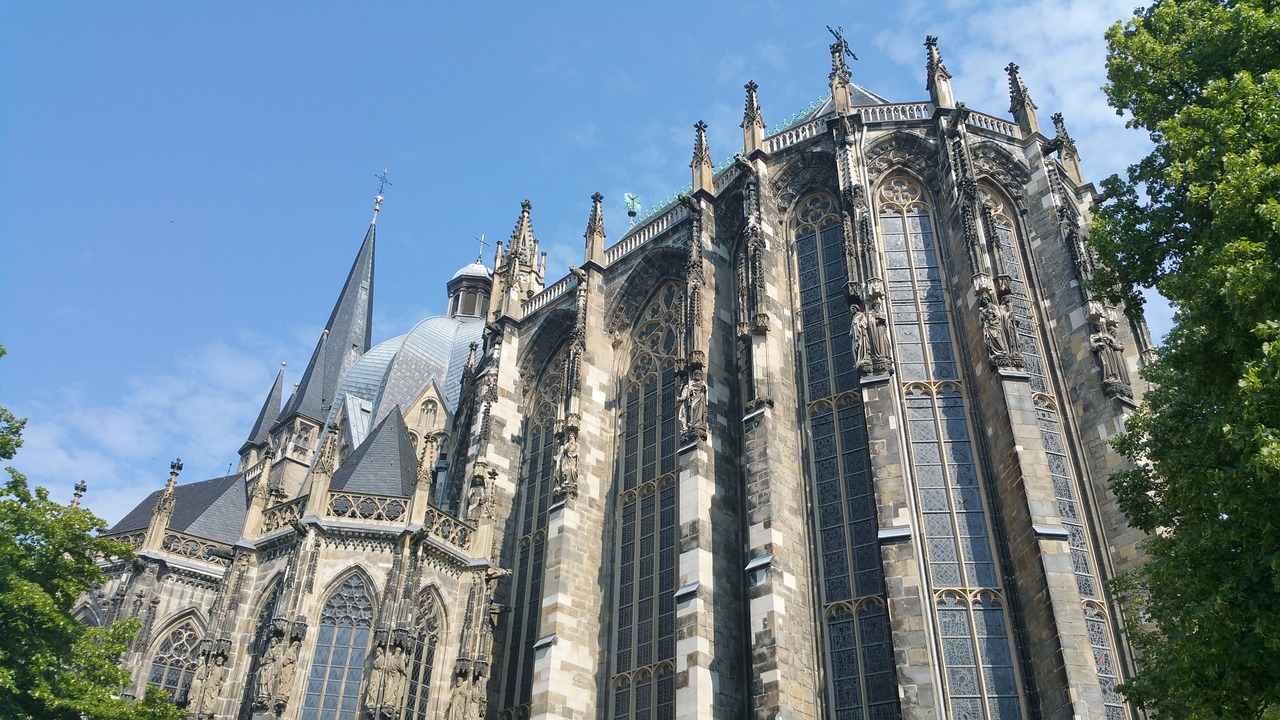
Charlemagne's Influence on European Identity
Charlemagne, often hailed as the Father of Europe, left an indelible mark on the continent that resonates to this day. His visionary leadership and unification efforts played a pivotal role in shaping the concept of European identity and unity. By uniting diverse territories under his rule, Charlemagne laid the groundwork for a shared European heritage that transcended linguistic and cultural differences.
One of the key aspects of Charlemagne's influence on European identity was his promotion of Christianity. Through his close ties with the Church and his support for missionary activities, Charlemagne spread Christianity across his empire, fostering a sense of religious unity among his subjects. This religious cohesion contributed to the development of a common European identity rooted in Christian values and beliefs.
Furthermore, Charlemagne's patronage of the arts and scholarship during the Carolingian Renaissance had a lasting impact on European culture. The revival of learning and the promotion of education under his reign led to a flourishing of art, literature, and intellectual pursuits. This cultural renaissance not only enriched the intellectual landscape of Europe but also reinforced a sense of shared cultural heritage among the diverse peoples of the continent.
Charlemagne's legacy as a unifier and a visionary leader continues to influence political discourse in Europe. His efforts to establish a unified empire and promote a sense of common identity among his subjects set a precedent for future European leaders. The idea of a united Europe, championed by Charlemagne, remains a central theme in contemporary discussions on European integration and cooperation.
In conclusion, Charlemagne's enduring influence on European identity transcends the boundaries of time and geography. His legacy as the Father of Europe continues to inspire a sense of unity, shared heritage, and common purpose among the diverse nations of the continent. By understanding and appreciating Charlemagne's contributions to European identity, we gain valuable insights into the historical roots of the modern concept of a united Europe.
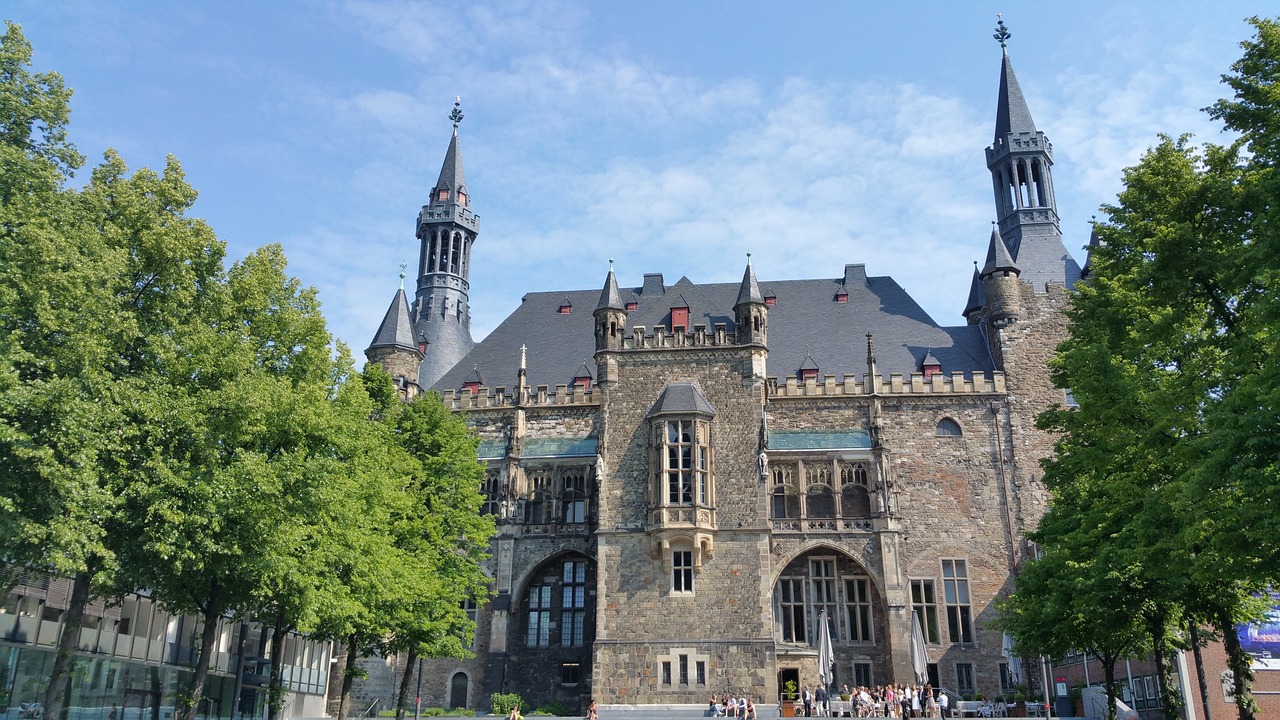
Charlemagne's Influence on European Identity
Charlemagne's impact on European identity is profound and enduring, shaping the very essence of what it means to be European. Through his promotion of Christianity and the Carolingian Renaissance, he laid the foundation for a shared cultural heritage that transcended regional boundaries. The revival of art, literature, and education under his reign not only enriched the intellectual landscape of Europe but also fostered a sense of unity among diverse peoples.
Furthermore, Charlemagne's efforts to establish a centralized administration and governance system set a precedent for future European rulers, contributing to the development of common legal and economic frameworks. His promotion of a unified Christian faith also played a crucial role in unifying disparate kingdoms under a common religious identity, fostering a sense of solidarity among European nations.
Moreover, Charlemagne's legacy as the Father of Europe continues to resonate in modern political discourse, with his vision of a unified European empire inspiring discussions on European integration and cooperation. The concept of a shared European heritage, rooted in Charlemagne's reign, serves as a reminder of the continent's historical interconnectedness and shared values.
Frequently Asked Questions
- Who was Charlemagne?
Charlemagne, also known as Charles the Great, was a medieval ruler who united much of Western Europe and laid the foundation for the Carolingian Empire. He was crowned as the Emperor of the Romans in 800 AD by Pope Leo III.
- What were Charlemagne's major accomplishments?
Charlemagne's major accomplishments include his military conquests that expanded his empire, his reforms in administration and governance, his promotion of Christianity, and the Carolingian Renaissance that fostered cultural and intellectual growth in Europe.
- How did Charlemagne impact European history?
Charlemagne's impact on European history is significant as he laid the foundations for feudalism, influenced the development of the Holy Roman Empire, and promoted the idea of a unified Europe. His legacy continues to shape European identity and unity.
- What challenges did Charlemagne's successors face?
Charlemagne's successors faced challenges in maintaining the unity of the Carolingian Empire, leading to its eventual fragmentation into separate kingdoms. This fragmentation marked the end of Charlemagne's empire and the beginning of a new era in European history.
- How is Charlemagne's reign viewed by historians?
Historians have interpreted Charlemagne's reign differently over time, with debates surrounding his legacy and the impact of his rule. Modern perspectives continue to analyze his role as the Father of Europe and his influence on shaping European history.


